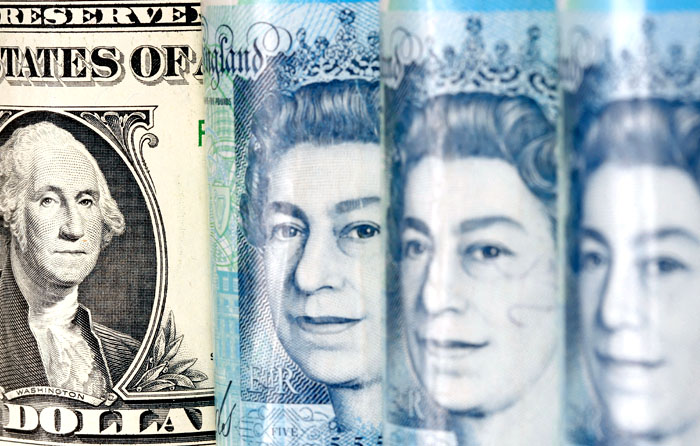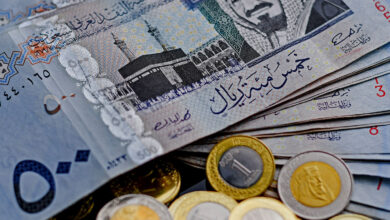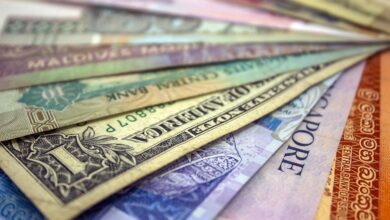The dollar falls below its 20-year high as ECB wagers boost the euro.

Tokyo On Tuesday, it was hard for the dollar to get back on track after a strong euro knocked it off a two-decade high against key rivals.
Related: Powell’s readiness to hike rates boosts the dollar index.
In a change for the two currencies, traders bet more on the European Central Bank raising rates by 75 basis points while betting less on the U.S. Federal Reserve raising rates.
In a client note, Alvin Tan, a Singapore-based analyst at Royal Bank of Canada, wrote in a client note, “Recent days have been perhaps more dominated by aggressive ECB-speak than Fedspeak.”
Tan said that ECB council members are having a lively discussion about the size of the hike that will be approved on September 8.
At the Fed’s annual conference in Jackson Hole, speakers from the ECB backed up the case for a big rise. This made traders give a 75-bps move a chance of more than 50%.
The likelihood that the Fed will raise interest rates by 75 basis points on September 21 is currently 70%, down from as high as 75% on Monday.
The monthly U.S. employment report, which will be released on Friday, will be closely looked at to learn more about the future of interest rates.
In Asian trade, the dollar index, which compares the greenback to a basket of six currencies, with the euro being the most heavily weighted, was at 108.72, after falling from 109.48 overnight, a level not seen since September 2002.
The euro inched up 0.06 percent to $1.0003, adding to Monday’s 0.32 percent gain, its largest in over three weeks.
Related: Stocks are weak, the dollar strong as rate fever strikes bonds.
As a result of German economics minister Robert Habbeck’s statement that the country’s gas storage facilities were being filled quicker than anticipated, European gas prices fell, bolstering the euro.
Sean Callow, a currency expert at Westpac in Sydney, says that the euro has found some stability at parity.
However, euro rates remain unappealing, and the escalating European gas crisis implies that further aggressive ECB rate rises will only exacerbate the slump. In the following days, we anticipate EUR/USD to record fresh 20-year lows, with 0.98 as the next obvious target.
After reaching 139 for the first time since mid-July, the dollar fell 0.21% to 138.44 yen overnight.
The pound climbed 0.08% to $1.17145, extending its comeback from Monday’s near 2.5-year low of $1.16495.
However, the risk-averse Australian and New Zealand dollar declined.
As a result of a drop in commodity prices and a drop in Chinese stocks, the Australian dollar fell by 0.22% to $0.6887. This was after recovering from a six-week low of $0.6841 the day before.
Related: The dollar’s winning streak continues, as it gains Rs 1.12 in interbank trading.
The New Zealand dollar fell 0.18% to $0.6144.





